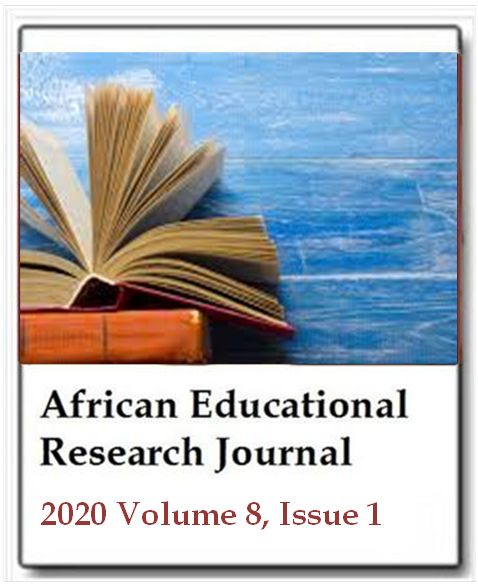Evaluating the effectiveness of ‘learning by doing’ teaching strategy in a research methodology course, Hargeisa, Somaliland
Fikru Debebe MekonnenAfrican Educational Research Journal
Published: February 6 2020
Volume 8, Issue 1
Pages 13-19
Abstract
Learning by doing means learning from experiences resulting directly from one's actions. In other words, it is a method by which students make the most of their education through active participation. In the process, the learner took ownership of own learning. Whereas, the teachers' role is to guide the students to facilitate by providing them with multiple activities and teaching materials. The present study involved 52 students who registered for the research methodology course between June-September, 2018, at Edna Adan University, one of the privately owned teaching hospital. Among whom, 54% were male and the rest 46% female. The mean age of the study subjects was 21.5 ± 2.6 SD. Participants were selected conveniently. Hence, those that happened to be available on the day of the collection were included in the self-administered interview. Then, the finding showed that over half of the participants agreed about the usefulness of learning by doing. Hence, the responses emphasized that the method enhanced their active participation in the learning process, and helped to understand the course readily. Moreover, 56% of the students expressed their eagerness to apply the knowledge and skill for their final thesis in the upcoming semester.
Keywords: Learning by doing, experiential learning, student-centered learning.
Full Text PDFThis article is published under the terms of the Creative Commons Attribution License 4.0

